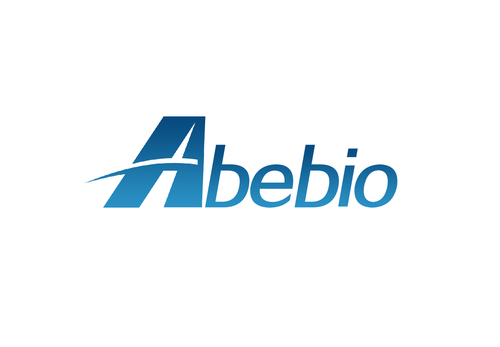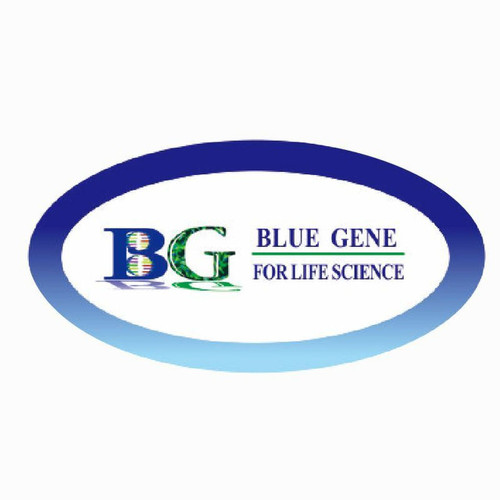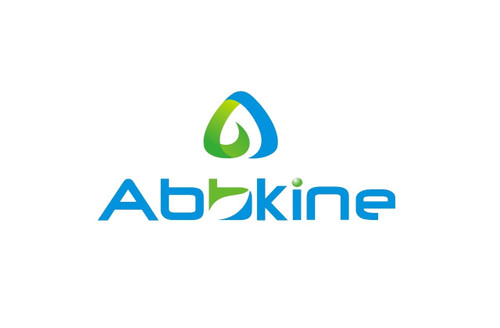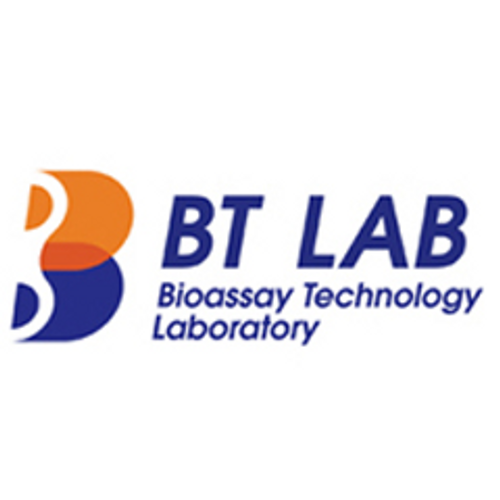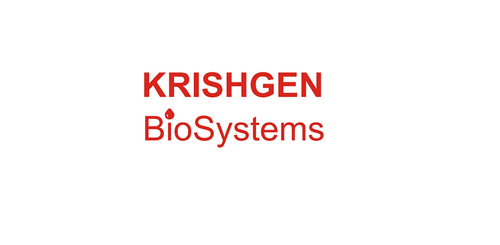Product Description
Human Collagen, type V, alpha 1 (COL5A1) ELISA Kit | AE62976HU | Abebio
Species Reactivity: Human (Homo sapiens)
Abbreviation: COL5A1
Alternative Name: RP11-263F14.1; alpha 1 type V collagen
Application: ELISA
Range: Request Information
Sensitivity: Request Information
Intra-Assay: ≤3.5%
Inter-Assay: ≤7.1%
Recovery: 0, 92
Sample Type: Serum, Plasma, Other biological fluids
Detection Method: Sandwich
Analysis Method : Quantitive
Test Principale: This assay employs a two-site sandwich ELISA to quantitate COL5A1 in samples. An antibody specific for COL5A1 has been pre-coated onto a microplate. Standards and samples are pipetted into the wells and anyCOL5A1 present is bound by the immobilized antibody. After removing any unbound substances, a biotin-conjugated antibody specific for COL5A1 is added to the wells. After washing, Streptavidin conjugated Horseradish Peroxidase (HRP) is added to the wells. Following a wash to remove any unbound avidin-enzyme reagent, a substrate solution is added to the wells and color develops in proportion to the amount of COL5A1 bound in the initial step. The color development is stopped and the intensity of the color is measured.
Product Overview: Collagen alpha-1 (V) chain is alpha chain for one of the low abundance fibrillar collagens. Fibrillar collagen molecules are trimers that can be composed of one or more types of alpha chains. Type V collagen is found in tissues containing type I collagen and appears to regulate the assembly of heterotypic fibers composed of both type I and type V collagen.This gene product is closely related to type XI collagen and it is possible that the collagen chains of types V and XI constitute a single collagen type with tissue-specific chain combinations. Mutations in this gene are associated with Ehlers-Danlos syndrome, types I and II.
Stability: The stability of ELISA kit is determined by the loss rate of activity. The loss rate of this kit is less than 5% within the expiration date under appropriate storage condition. The loss rate was determined by accelerated thermal degradation test. Keep the kit at 37°C for 4 and 7 days, and compare O.D.values of the kit kept at 37°C with that of at recommended temperature. (referring from China Biological Products Standard, which was calculated by the Arrhenius equation. For ELISA kit, 4 days storage at 37°C can be considered as 6 months at 2 - 8°C, which means 7 days at 37°C equaling 12 months at 2 - 8°C) .
 Euro
Euro
 USD
USD
 British Pound
British Pound
 NULL
NULL



